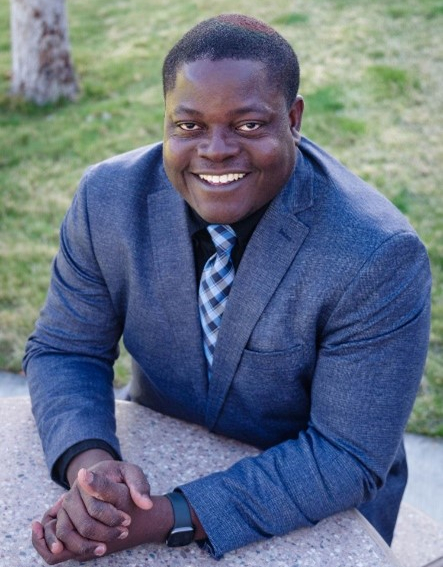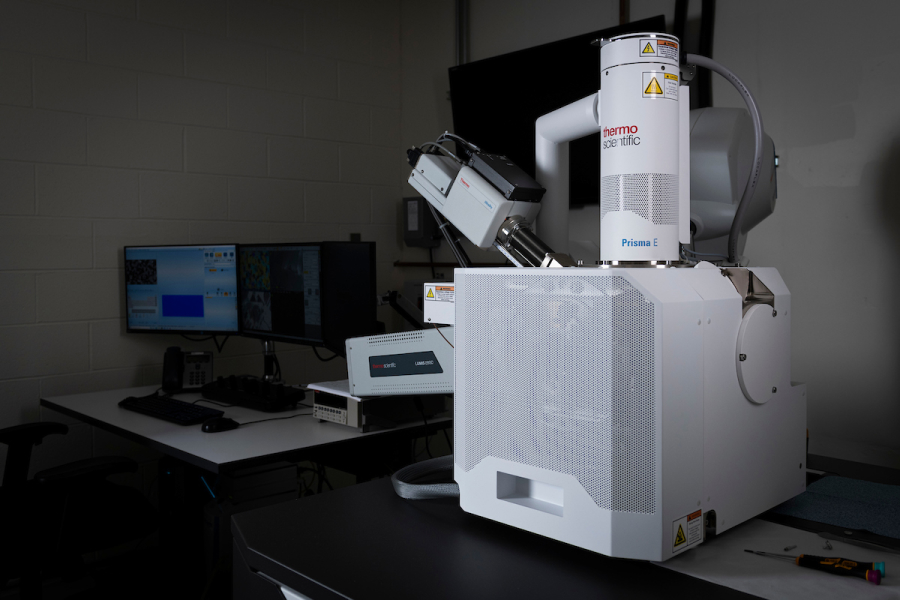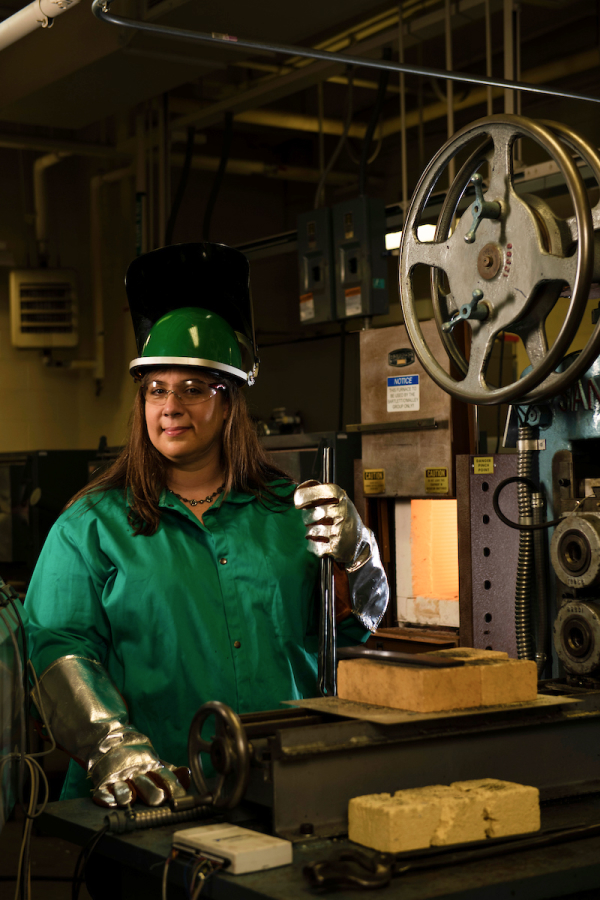PhD in Metallurgical Engineering
Earn a PhD in Metallurgical Engineering
With a PhD in metallurgical engineering from Missouri S&T, you will be prepared to make a positive impact on the world by designing and producing materials that are essential to our daily lives. Join us and become a part of a community of like-minded individuals who are committed to excellence and innovation. Your journey toward making a significant contribution to the world starts here at Missouri S&T.
Want to Know More?
Get info on our program, scholarships, how to visit campus, admissions and more. Take the next step in solving for tomorrow!
Degree Information
What Alumni Say About S&T

Growing up in a different part of the world, I got all the support I needed to adjust and excel in the MSE Department. I always felt welcome especially by the office and supporting staff and was given great opportunities and exposure to grow and learn new things. The renowned faculty had a personalized approach to every student and that helped me immensely. I got hands on experience with the machine shop fabricating various parts of my experimental set up and also saw live molten steel pours. The chance to pursue my PhD in Metallurgical Engineering was the biggest boost to my career and life.
— Charles Abbey, Rio Tinto
Research in Metallurgical Engineering

Explore Research Fields
Your Career in Metallurgical Engineering
Imagine yourself as a Metallurgical Engineer, where you could be at the heart of the iron and steelmaking industry. Or perhaps you see yourself in the burgeoning field of 3D printing of metals and alloys. You could be part of a team that's ensuring the safe and efficient operation of nuclear power plants, or working with materials that can withstand the extreme conditions inside a reactor, helping to provide clean, reliable energy for millions of people. These are just a few of the exciting career paths that await you as a graduate of Missouri S&T's metallurgical engineering program.
Career Fields
- Iron and Steelmaking
- Sustainable Manufacturing
- Metal Production
- Additive Manufacturing
- Sustainable Processing of Critical Minerals
Common Hiring Companies
- ArcelorMittal
- Army Research Lab
- General Motors
- Nucor Steel
- Rio Tinto


Follow Materials Science and Engineering